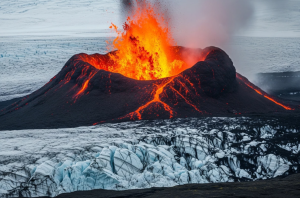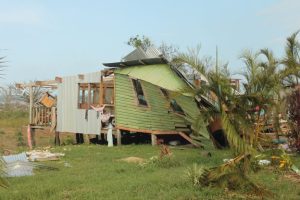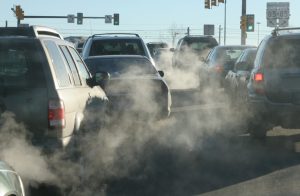
The Journey of Shade
The Greenpeace India story “The Journey of Shade” highlights how Delhi’s street vendors, who endure extreme summer heat without relief, found respite through community-driven innovation. Initially exploring upcycled sarees for market canopies, the project shifted to sustainable fabric woven from old woollens by Moradabad weavers, in collaboration with Goonj. Residents’ Welfare Associations and citizens donated knitwear, symbolizing solidarity with vendors often marginalized in city life. Installed in markets like Burari and Meena Bazaar, the canopies not only provided shade but also boosted morale, footfall, and community support. Beyond heat relief, they became symbols of dignity, resilience, and collective care.










